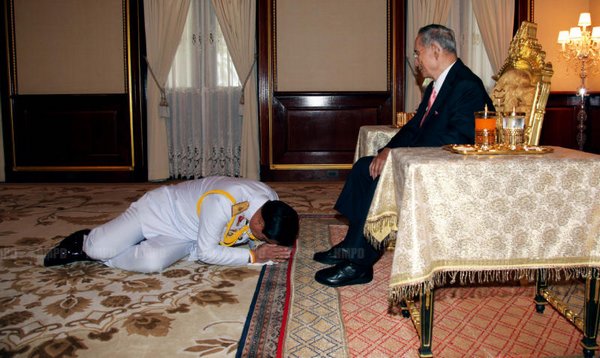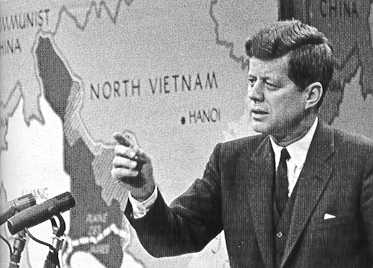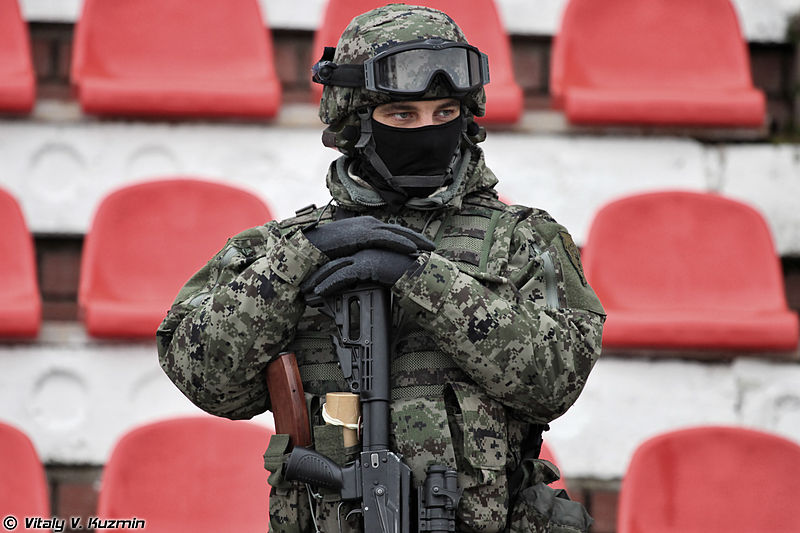Since a military coup – Thailand’s 12th since 1932 – overthrew elected Prime Minister Yingluck Shinawatra on May 22, 2014, a sense of calm has been restored to Bangkok. The rather smooth and conspicuously unopposed coup has, temporarily, laid to rest political tensions in the deeply divided country. Such tensions have been bubbling to the surface since Yingluck’s brother, Thaksin, was ousted from power in 2006. This by no means signals an imminent end to Thailand’s political drama. In this country which shed its absolute monarchy in 1932 and has been a key economy in the region in recent decades, the uncertain fate of democracy will have significant implications for other democratizing Southeast Asian nations, as well as the geopolitical interests of China and the United States.

The recent political and societal struggle in Thailand has been documented (and simplified) by Western media. Thaksin’s rise to power in 2001 was more than a simple electoral outcome or shift in government. It indicated the rise of Thailand’s rural majorityto the status of political heavyweight, much to the chagrin of many of Bangkok’s royalist and military elite. As Thais in the north and northeast rose out of poverty (only 12% of rural Thais are currently impoverished, as compared with 96 percent in the 1960s), they sought policies that would advance their development and economic mobility, and found a voice through Thaksin’s populist approach. But this power shift, combined with deep corruption in Thaksin’s Thai Rak Thai Party (Red Shirts), proved unappetizing and, ultimately unacceptable for Thailand’s established political elites. Thaksin was sent into exile via a coup in 2006 and throughout the subsequent reign of Abhisit Vejjajiva and the Democrat Party (Yellow Shirts), Red Shirt protestors demonstrated in support of their exiled leader, leading to clashes in the capital that took lives and left deep scars.
Yingluck’s election in 2012 with the Pheu Thai Party (a reincarnation, of sorts, of Thaksin’s Thai Rak Thai) once again showcased the Shinawatra name’s electoral pull. However, a failed rice-pledging scheme led to corruption charges against the Prime Minister, and a proposed amnesty bill which would have pardoned both Abhisit of murder charges arising from clashes in Bangkok and, more importantly, cleared her brother of corruption charges, stirred those who hold Thaksin in contempt. As things currently stand, a military junta led by General Prayuth Chan-Ocha presides over Thailand, and while it has promised elections within fifteen months, the future of Thai democracy is unclear.
Amongst the political chaos of the past few years, the monarchy has maintained a powerful presence on the political scene. Thailand’s popular King Bhumibol Adulyadej has presided over a politically active military that has benefitted from the legitimacy instilled by the monarchy. The difficulty now involves the King’s advanced age and fragile health, and the imminent question of royal succession. The Crown Prince is wildly unpopular, and it is clear that the monarchy’s calming presence through its interjections into politics, allowed by the widespread adulation of the King will not last in its current form much longer. This means that Thai democracy will have to change in order to survive.
In this prolonged struggle, both ‘sides’ have demonstrated a less-than-absolute commitment to liberal democracy. Thaksin’s authoritarian tendencies were showcased through his disdain for “appointed” commissioners and judges at organizations like the National Counter Corruption Commission, and he has become synonymous with allegations of corruption. Yingluck’s proposal to turn the appointed Senate into an elected body was in violation of a Supreme Court decision.
Meanwhile, the Democrat Party, while enjoying support from Thailand’s traditional power elite, took measures to disband Thaksin’s Thai Rak Thai Party and disqualify its members from politics. Rather than competing with Thaksin at the ballot box, his opponents chose to delegitimize his rule. In the wake of Yingluck’s deposal and the military’s seizure of power, it appears that the Yellow Shirts and those whom they support have turned away from elections as a preferred political mechanism for a simple reason: they know they will lose.
With this uncertainty for Thailand comes uncertainty for its international partners. Thailand, a key regional player, has been a US ally and established member of the democratic world for decades. However, the current Thai regime’s relationship with the United States began to fray when President Obama declared his support for Yingluck’s elected government in 2012, within the context of a deeply divided country. Following the military takeover this summer, Secretary of State John Kerry asserted that there was “no justification” for the coup, while threatening that the US would review its military and aid relationships with Thailand. This harsh reaction may put Thailand’s status as a strong ally of the US at risk.
This increasing distance from Thailand as long-standing ally has produced an opening on which China may be happy to capitalize. While the US response to the coup has been swift and critical, China’s has been measured, taking the position that it will not interfere in Thailand’s internal politics. This reaction may be endearing to those currently in power in Thailand, especially given the two countries’ expanding military relationship since 2006,China’s recent emergence as Thailand’s largest trading partner, and the historical absence of conflict between the two states. As Chinese media has made a habit of extolling the virtues of stability at the expense of democracy for Thailand, a close Chinese relationship may be comforting for those Thais favouring stability, order, and ‘guided’ democracy.
For Thailand, such a shift in allegiances would be a striking one, and would ripple through a region in which China has been aggressively expanding its reach and influence. But perhaps more worrying is the blow that a continually struggling democracy may deal to the ASEAN Economic Community (AEC) in Southeast Asia. As regional integration progresses, the recent coup in Thailand—“the dynamic hub of regional production networks” for the Community—has stoked fears about its “ability and commitment to follow through on the AEC undertaking.” As the region focuses on the AEC, the political uncertainty in a major actor such as Thailand is most unwelcome.
Lastly, Thailand and its surrounding region have been described as “a global political laboratory” that will determine the fate of democracy. Despite the hyperbole of such a proclamation, it is likely that Thailand’s future will greatly impact those of democratizing states such as Myanmar. After decades of burgeoning democracy, the state of Thai politics is as fragile as ever. Whatever path Thai democracy may take from here, one thing is certain: the stakes are high.




